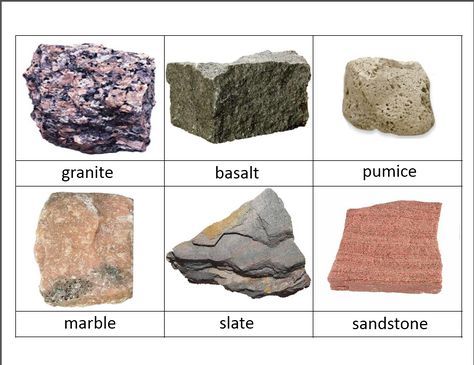Identify Marble Rock

While identifying a marble look with a magnifying glass to see if it has eyelashes or little dings.
Identify marble rock. Marble is a metamorphic rock that is created when limestone is subjected to a considerable amount of heat and pressure within the earth s crust making it a dense and durable material. You obviously don t want to crush your rock if you think it s valuable but that isn t necessary. Marble tends to be light in color. Authentic marble is a metaphoric rock formed by applying heat to limestone forming crystals of calcite a relatively soft mineral.
This coarse grained metamorphosed limestone ranges in color from white to gray to pink. The visible crystals in marble give it a characteristic granular surface and appearance but there are other properties used to identify the rock. Marble is usually a light colored rock. Marble forms at many temperatures and pressures.
Marble can vary widely in color but the most common colors are white and grey. Marble that contains impurities such as clay minerals iron oxides or bituminous material can be bluish gray pink yellow or black in color. You will be surprised how much damage the older used marbles often have. Physical properties of marble physical properties of rocks are used to identify the type of rocks and to discover more about them.
Since condition is related to value it is helpful to identify the condition along with the kind of marbles. Very pure recrystallized calcite original rock. There are various physical properties of marble like hardness grain size fracture streak porosity luster strength etc which defines it. Medium to coarser grained light coloured and calcite crystals may be visible.
6 check whether the rock is slate by looking for flat sheet layers. Holing these samples up to the light and slowly turning them will reveal a slight sparkle. Because of this the surface of marble shows scratches and wear. Marble can be scratched with a metal blade.
Limestone or dolostone environment. Marble is considered to be a strong hard stone even though its primary mineral calcite only has a mohs hardness of 3. You can conduct a streak test with a piece of unglazed porcelain the back of a porcelain tile is ideal. It gets its unique coloring textures and veins from the metamorphic change that the limestone undergoes regarding its marble effect and mineral composition.
When you crush a rock its powder isn t always the same color as the rock itself and this powder can help identify the minerals in the rock.














































